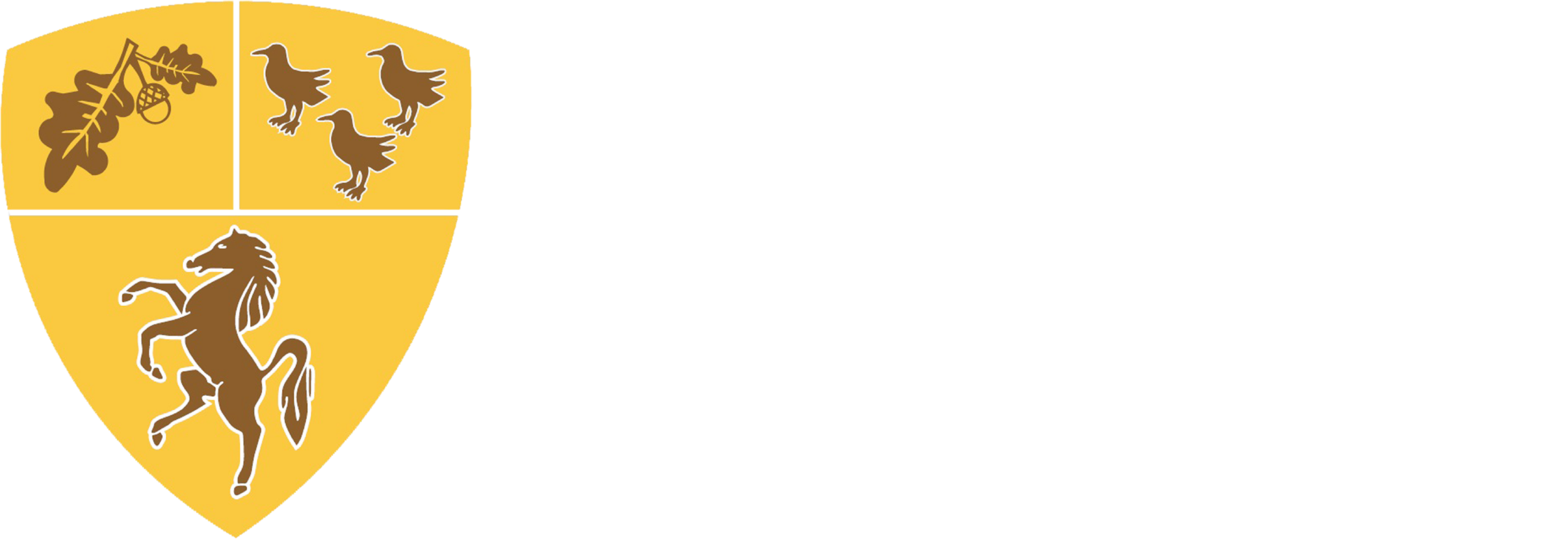Pupil Premium
What is Pupil Premium?
Pupil Premium was introduced by the Department for Education (DfE) in 2011, as additional funding for pupils who receive Free School Meals and who are Looked After Children. This is because the DfE have recognised that good education is the key to improving young people’s life chances. This is particularly true for children from low-income families, or who are Looked After Children, who are far less likely to leave schools with good GCSE results than other children. The Pupil Premium, using additional resources from outside the School’s Budget, is intended to address the current inequalities by ensuring that funding reaches the pupils who need it most. The DfE have stated that schools have the right to spend this funding as they see fit based upon their knowledge of pupil needs.
“Schools, headteachers and teachers will decide how to use the Pupil Premium allocation, as they are best placed to assess what additional provision should be made for individual pupils.”
DFE Website
Pupil Premium at Blean Primary School
At Blean Primary School we believe in ‘Learning together to enjoy and achieve’ and strive for achievement for all our pupils. Our pastoral care and rigorous monitoring and tracking of all pupils helps us to identify any pupils who are at risk of not making sufficient progress and have helped us to plan and implement good intervention strategies. With smaller numbers of pupil premium eligible pupils, value for money is central to sustained improvements in both well-being and academic achievement. As a high achieving school set within the context of a deprivation indicator that is below the national, there is the potential challenge that less advantaged pupils do not have the same starting point, experiences or support as their peers. Recognising some of these differences we have been very clear in our vision that, whilst learning is essential to expenditure, our belief in opportunities in a wide range of experiences such as music lessons, yoga and sporting opportunities are integral to opportunity and entitlement.
Other documents attached below include a pupil premium strategy document which sets out expenditure for this academic year and the evidence base used in making these decisions.
Our School Improvement Planning for Blean Primary School includes clear systems to ensure that any additional funding will impact on children entitled to getting Pupil Premium. This includes good tracking of pupils and the evaluation of additional intervention strategies that will be put in place.
For the past three financial years as a school we received:
- £53,075 in 2021/22
- £58,264 in 2022/23
- £56,700 in 2023/24
How can parents/carers contribute to the success of the Pupil Premium Scheme?
Parent support and involvement is a key factor in raising standards. If you would like help or advice in supporting your child we run many Tea and Topics for parents and you can always ask your class teacher or email enquiries@blean.kent.sch.uk for information.
As a parent or carer of a child who is entitled to Pupil Premium, Parent – teacher consultations will provide a good opportunity to review children’s progress and the intervention strategies that have been used.
If your child is eligible for Free School Meals or is an infant child and part of the Universal Free School Meals, it is worth registering them, even if they are not going to have a school lunch. It will have a direct impact on the funding the school receives and we will maximise the support we can provide.
Parents can register their child for Free School Meals if they are in receipt of any of the following benefits:
- Income Support
- Income-based Jobseeker’s Allowance or Employment and Support Allowance
- Support under part VI of the Immigration and Asylum Act 1999
- The guaranteed element of Pension Credit
- Child Tax Credit (provided you’re not also entitled to Working Tax Credit and have an annual gross income of no more than £16,190)
- Working Tax Credit run-on
- Universal Credit, provided you have an annual net earned income not exceeding £7,400 (£616.67 per month)

